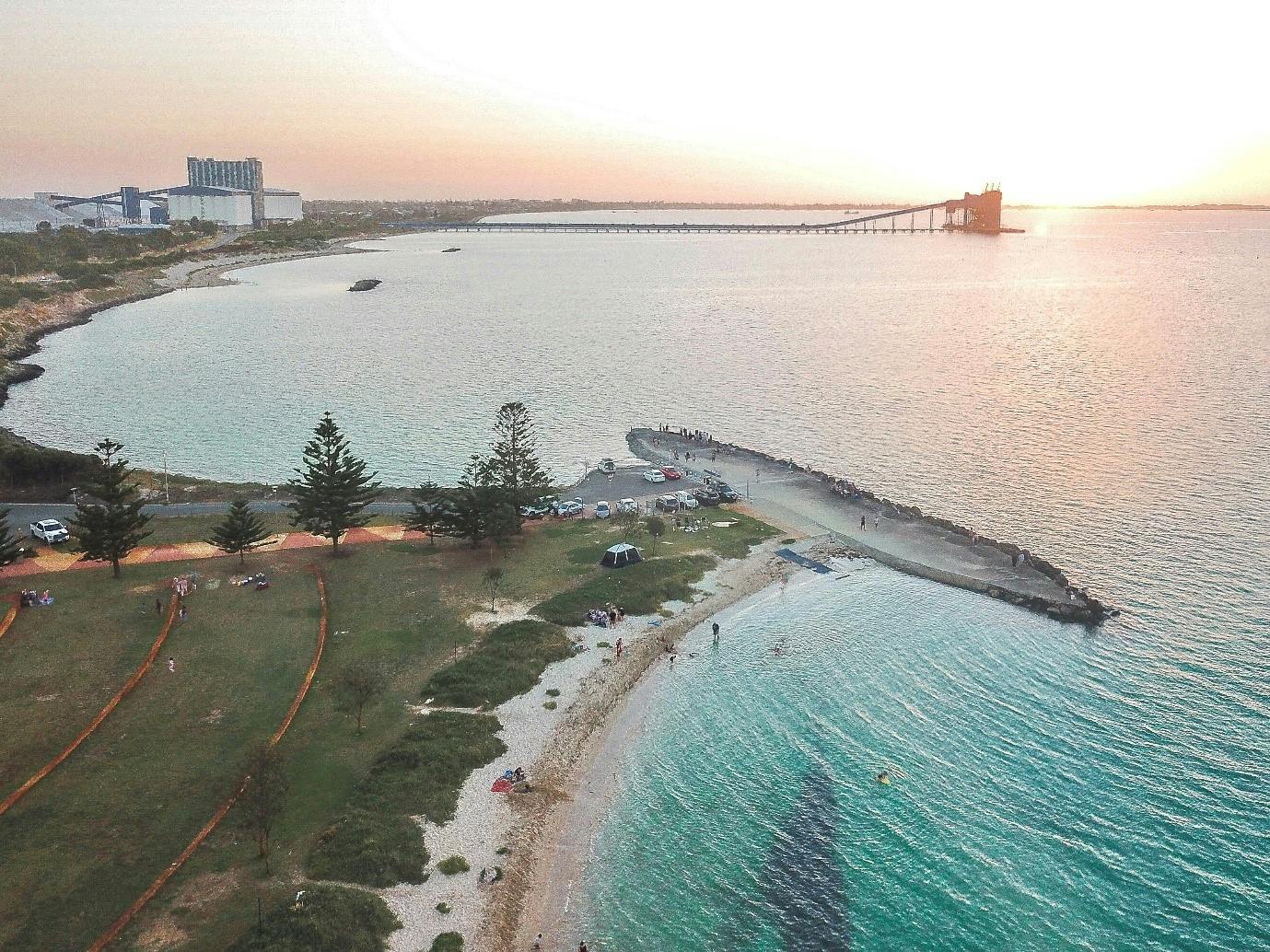The City of Kwinana acknowledges the traditional custodians of the land at Wells Park, the Whadjuk (Perth region) people. We wish to acknowledge and respect their continuing culture and contribution to Wells Park, this City, and this region.
Perth Natural Resource Management (NRM) & The City of Kwinana are working together on the coastal restoration and bushland maintenance at Wells Park. Collectively, we hope to rehabilitate the area, reduce illegal dumping and create a clean park for people to visit the beach in Kwinana.
Together we have identified areas that require coastal and bushland restoration and in May 2022 PerthContinue reading
The City of Kwinana acknowledges the traditional custodians of the land at Wells Park, the Whadjuk (Perth region) people. We wish to acknowledge and respect their continuing culture and contribution to Wells Park, this City, and this region.
Perth Natural Resource Management (NRM) & The City of Kwinana are working together on the coastal restoration and bushland maintenance at Wells Park. Collectively, we hope to rehabilitate the area, reduce illegal dumping and create a clean park for people to visit the beach in Kwinana.
Together we have identified areas that require coastal and bushland restoration and in May 2022 Perth NRM & The City commenced volunteer planting events to help restore areas within the park. The City of Kwinana has been very progressive in tackling waste and recycling at the Park.
We are conducting a survey to identify possible improvements for Wells Park, let us know your preferences and how you enjoy the park in the survey at the bottom of the page.
Images below: On the 24th of June 2022 around 6000 plants were put into Wells Park




Images below: Update on plants after a hot day on the 5th of January 2023


Bush Food, Beach Sweeping & Waste Education
The City of Kwinana conjunction with Perth NRM has engaged the community (where possible), to connect with country and the ocean at Wells Park. Together we have hosted events to share indigenous knowledge of the land and the environmental knowledge of the plants and animals. The events have focused on creating pride and educating the community on recycling, and reducing waste.



Physical Description:
Wells Park comprises a large public foreshore park at Kwinana Beach, bounded on its southeast boundary by Rockingham Beach Road. The park comprises a large expanse of grass, lined with mature Tuart trees and Canary Island Date palms. There are also a number of Norfolk Island Pine trees, Peppermints, and Sheoaks occurring in clusters throughout the park. Steel-framed shade structures incorporating fixed table and chair seating are located throughout the park, as are brick gas BBQs and rubbish bins. A large sandy playground is located at the northern end, near a bitumen playing court, and a toilet block is located to the west, where the grassed area meets the sandy beach.
History:
In July 1922, the fire-damaged SS Kwinana broke its moorings on Garden Island and was blown across to what would become known as Kwinana Beach. The ship was visible from East Rockingham School on Office Road and was first reported by teacher Florence Sloan.

Kwinana Estate was subdivided in the 1930s, with both permanent and holiday homes soon established. Kwinana Beach was a popular camping, fishing, and picnicking spot, and a jetty was built in 1937. Clara Wells ran a post office, general store, and guest house nearby and she became caretaker of the camping reserve. The Wells family also later hired tennis courts and boats for holidaymakers. The Day family ran a store and guest house in the area, with an adjoining rotunda used as a tearoom and dance floor.

The Eden Park Caravan Park was opened by the Mair family in 1950, it was considered an innovation, as one of the first ‘American style’ caravan parks in the state. The following year the Rockingham Road Board obtained a grant to build a playground on the beach side of the caravan park, originally called Jubilee Park. The sand dunes were levelled, toilet and shower facilities were added and the community helped install the play equipment. The Kwinana Boat Club built a boat shed on the beach.
Once the construction of the BP oil refinery began in 1953, the area then came under the control of the Kwinana Road Board. Land to the north of the park was resumed, and the caravan park’s guest house became the Glendearg hostel for single workers. Both the hostel and caravan park appear to have closed after the mid-1950s. The Kwinana Progress Association built a small hall nearby in 1958 which was used as a dance hall and cinema, and later used by the Naval Cadets.
The name of Wells Park was first suggested by Councillor Charles Mitchell in 1966, but the name was not formalised until 1974.












